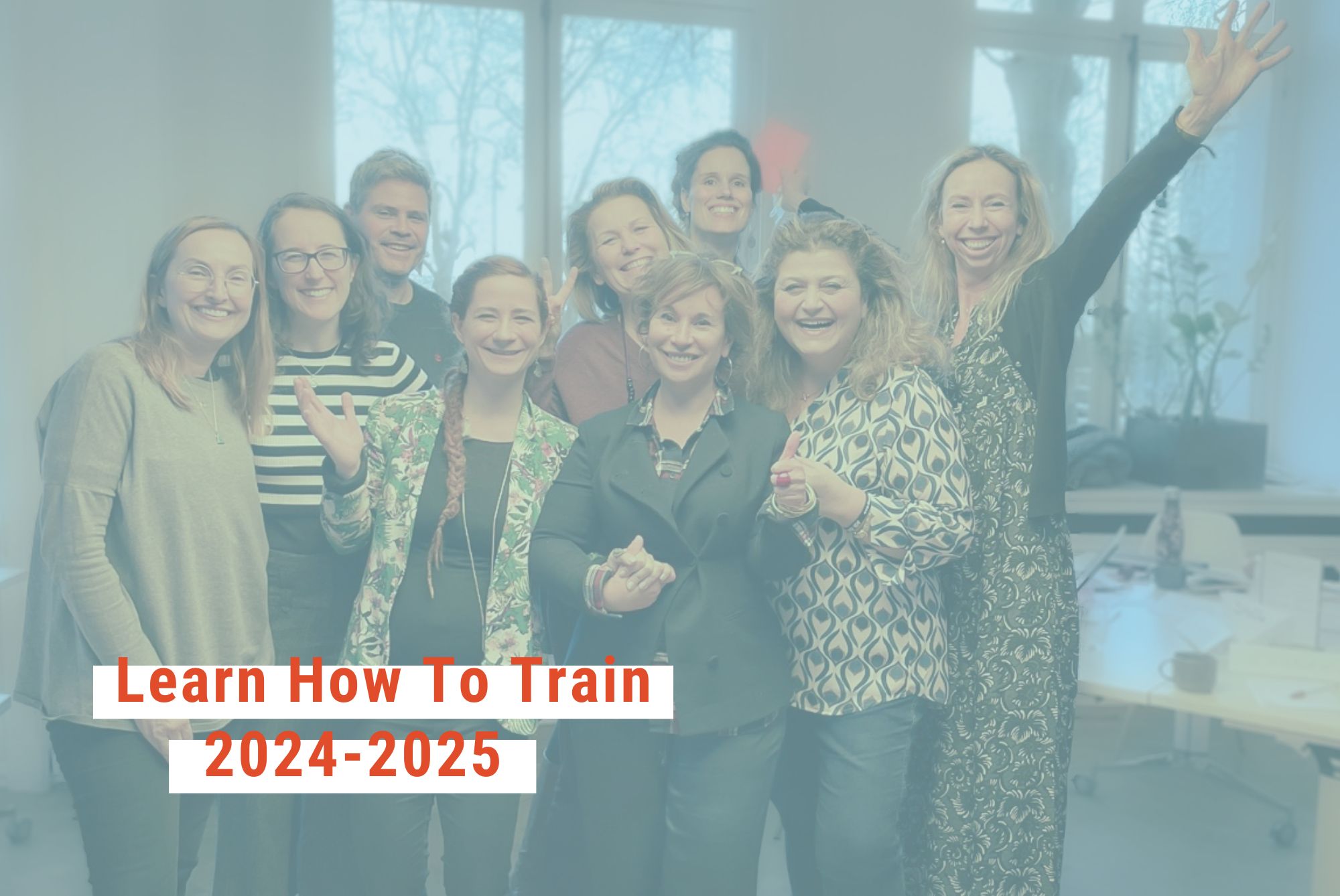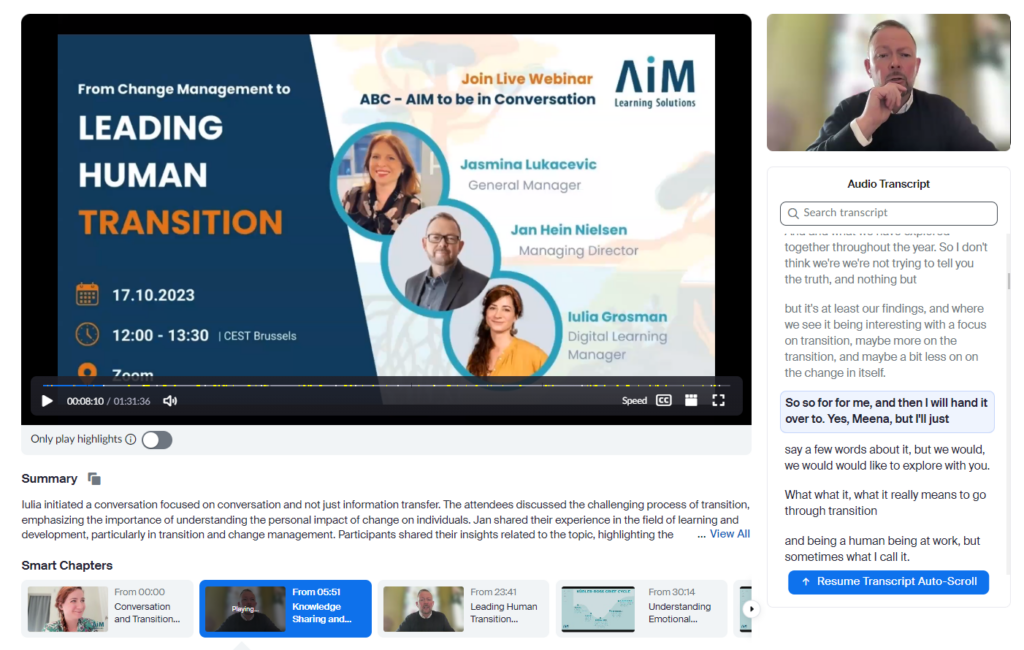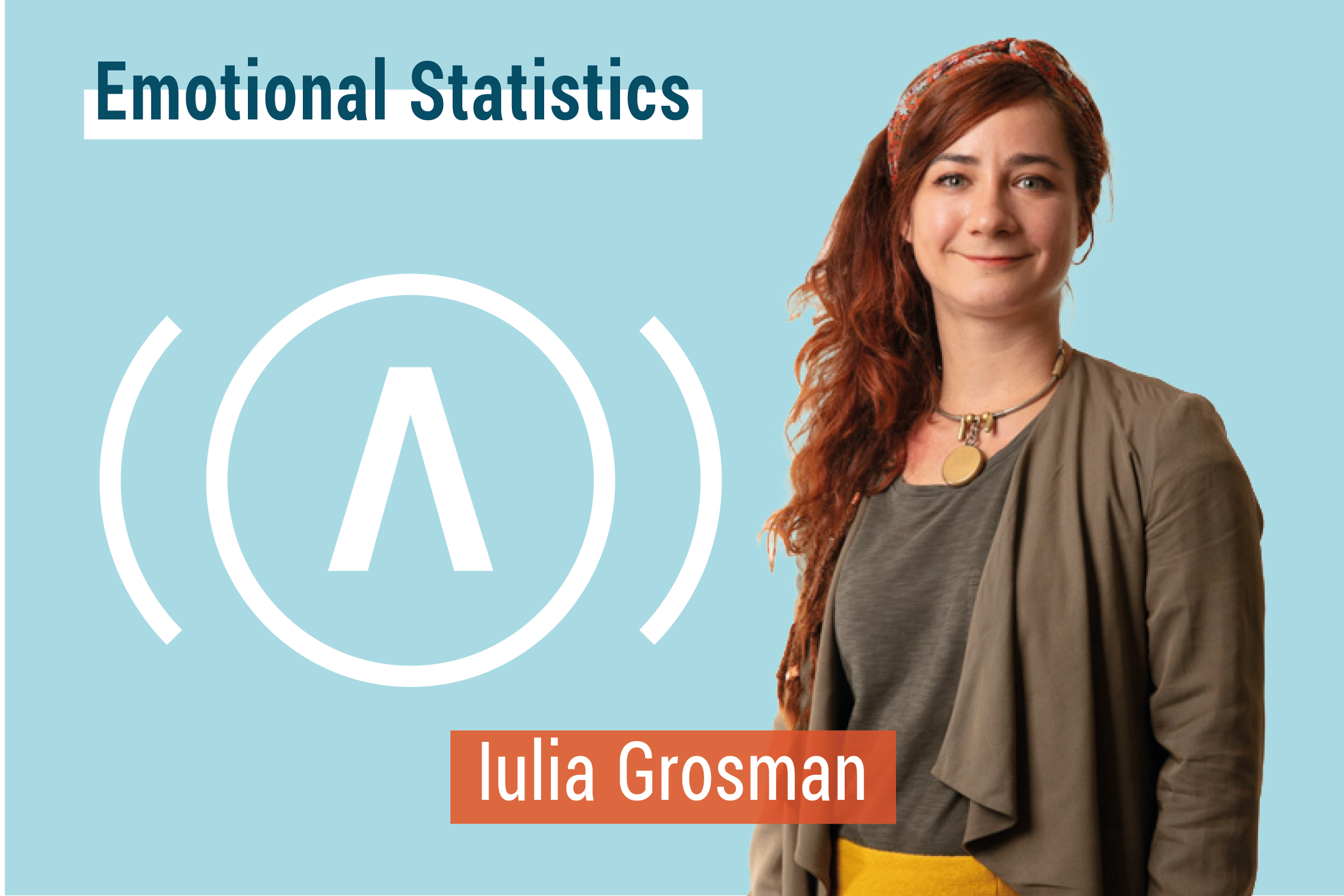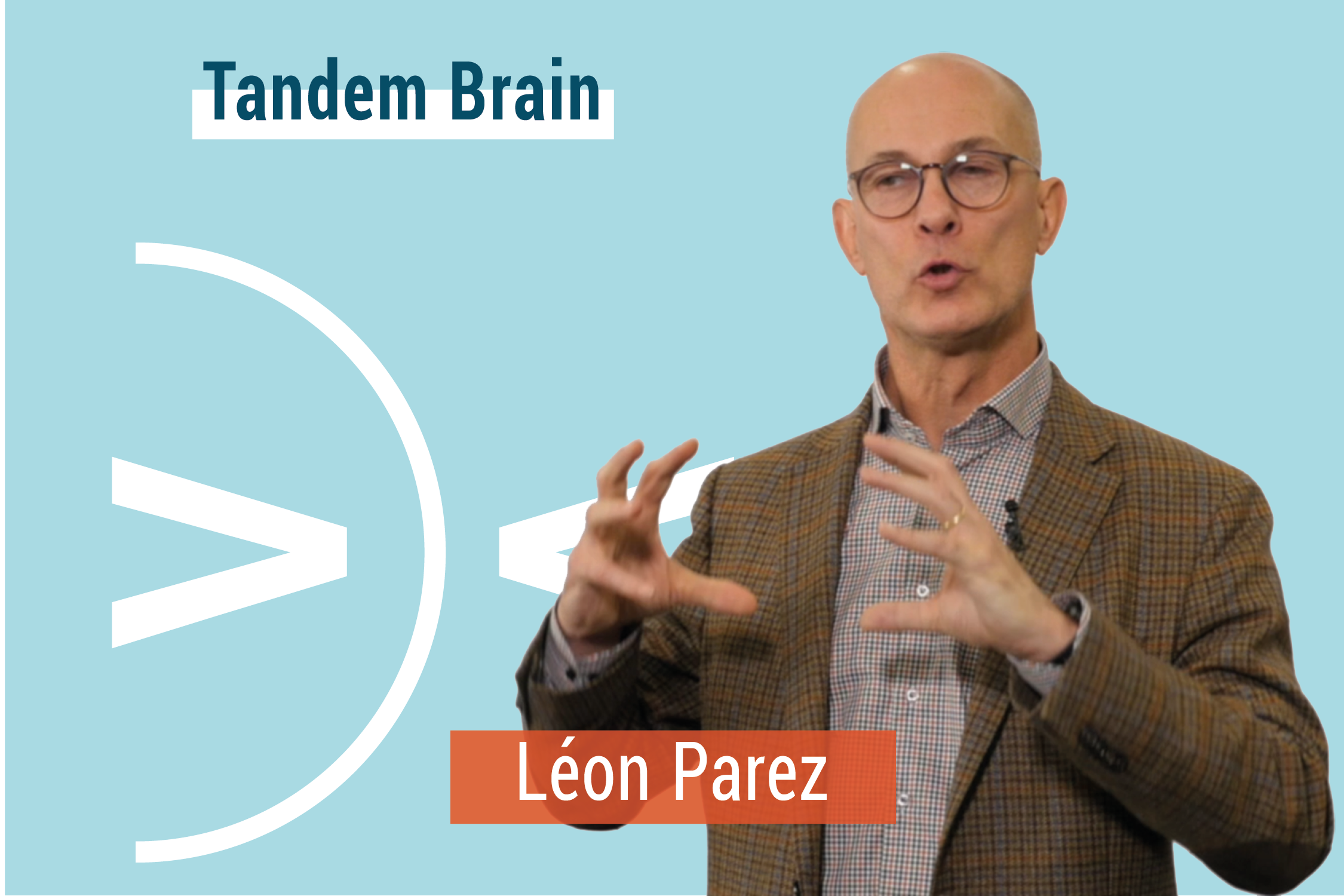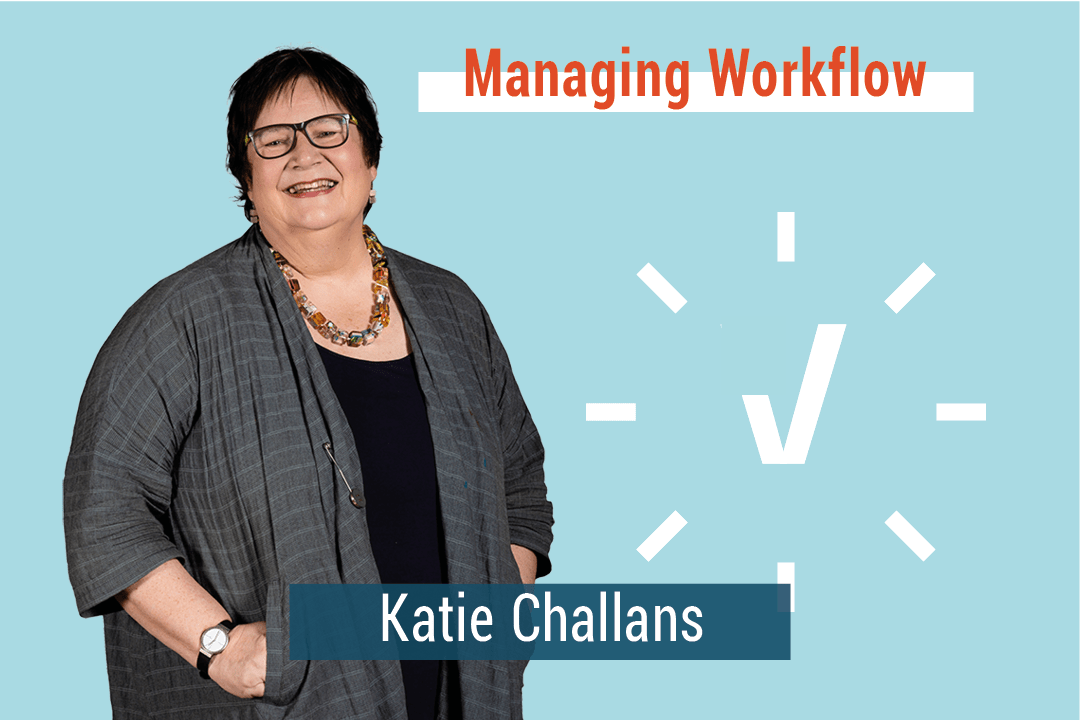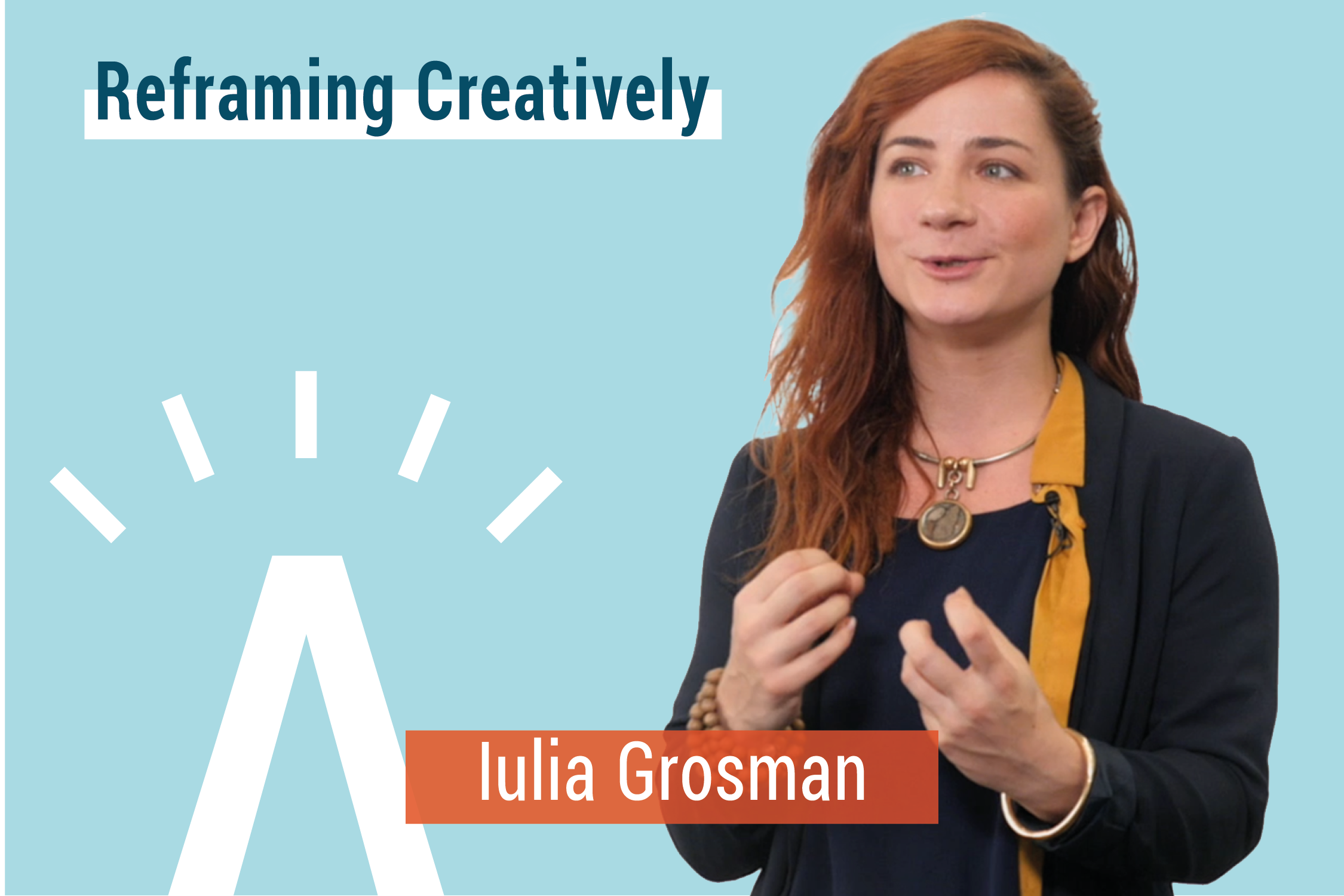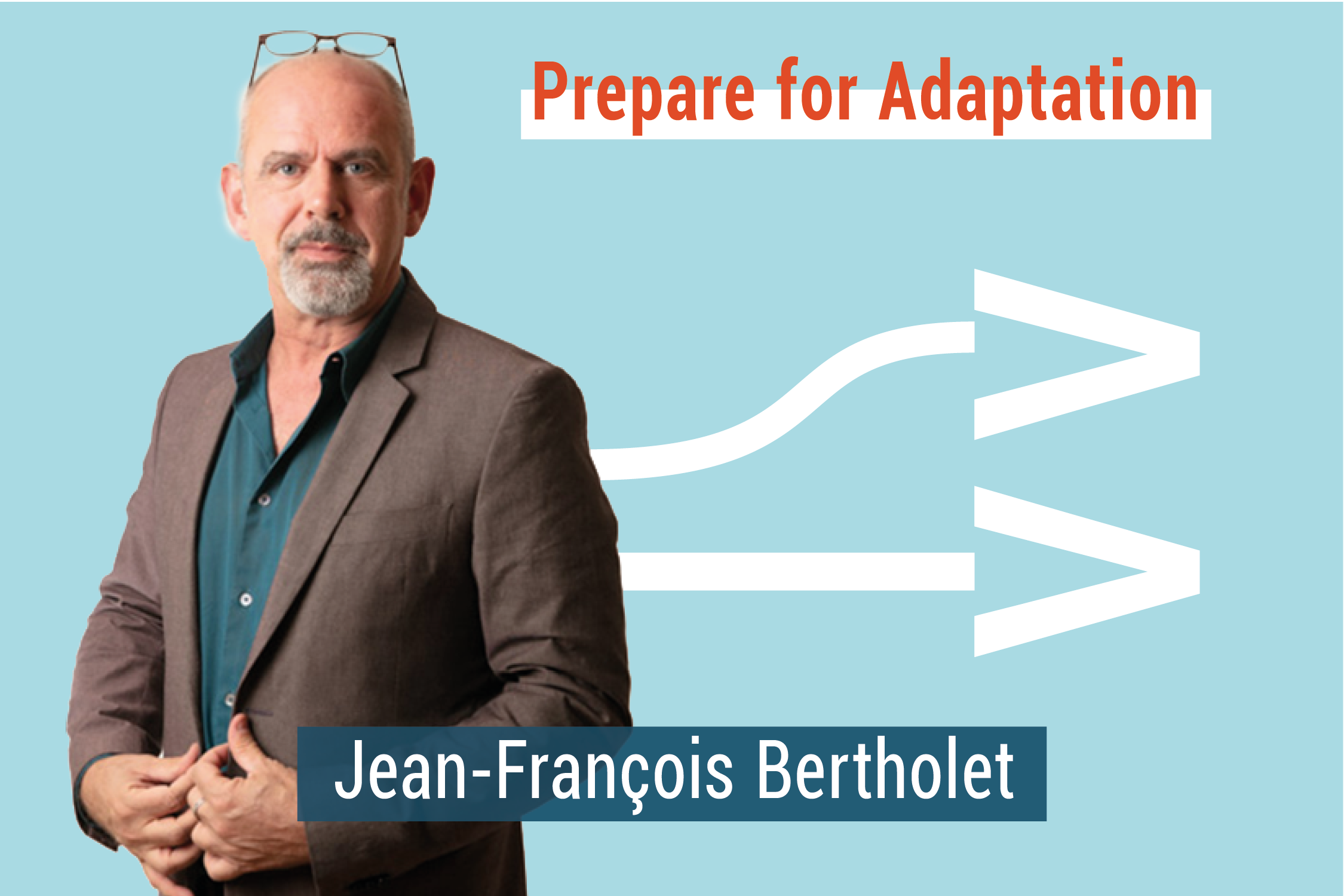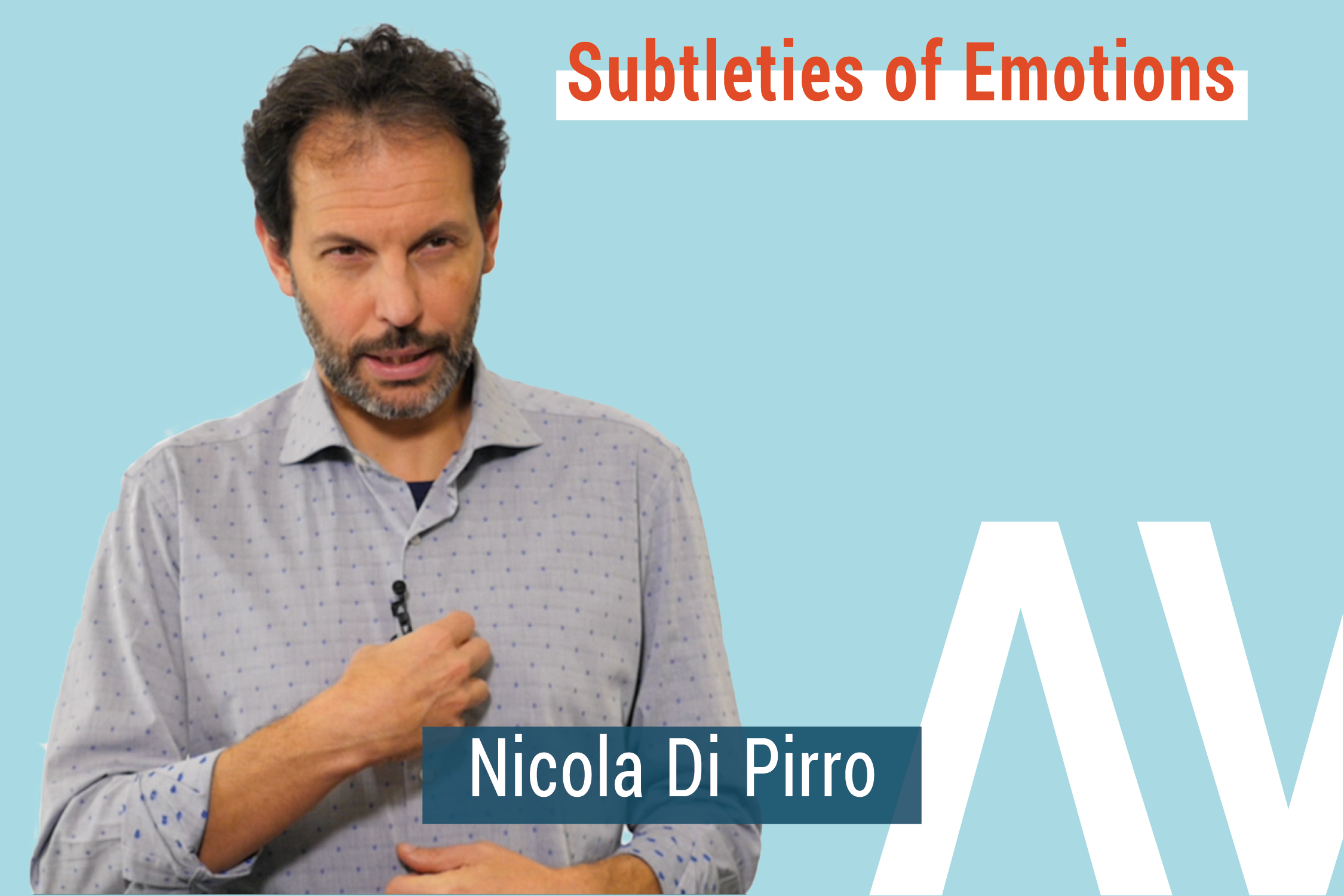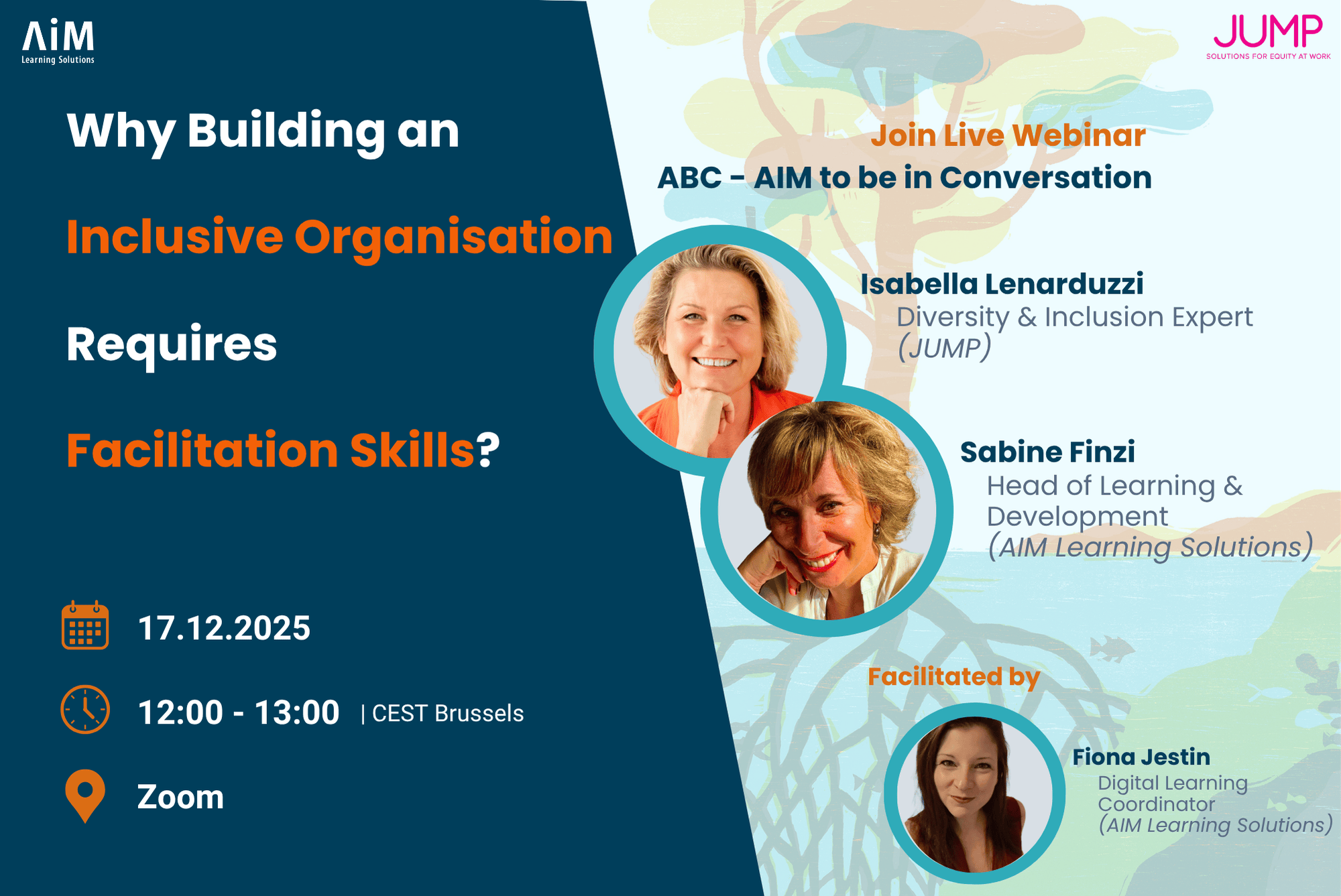
Is this webinar for you?
This conversation is particularly relevant if you are a HR or L&D leader and you recognise yourself in one or more of these situations:
-
You commission or oversee training on Diversity & Inclusion or other sensitive topics
-
You rely on internal experts or managers to deliver training, without always being trained as facilitators
-
You have observed resistance, discomfort, or backlash during D&I sessions
-
You want learning initiatives to create real cultural impact, not fragility
-
You care about psychological safety, power dynamics, and learning quality
In this 1-hour conversation, we explore:
✔️ Why expertise in D&I is not enough to train others
✔️ What can go wrong when facilitation skills are missing
✔️ How invisible power dynamics show up in training rooms
✔️ Why poorly facilitated D&I training can create more harm than impact
✔️ The role of pedagogy in creating psychological safety
✔️ How facilitation contributes to organisational robustness, not fragility
A live Q&A allowed participants to bring their real challenges into the conversation.
Speakers & Facilitators
This webinar brings together expertise from learning, facilitation, and diversity & inclusion:
-
Sabine Finzi – Learning & Development Director, Senior Trainer, Consultant & Coach at AIM Learning Solutions
-
Isabella Lenarduzzi – Founder of JUMP, Diversity, Equity & Inclusion Expert
-
Facilitated by Fiona Jestin – Digital Learning Coordinator, AIM Learning Solutions
Together, they connect theory, field experience, and learning practice.
Behond this webinar
This conversation is part of a broader reflection on how organisations develop people who train others.
If you would like to:
-
be informed about future webinars,
-
or learn more about Learn How To Train (LHTT), our programme dedicated to developing professional facilitation and training skills,
we invite you to stay connected.
Stay Informed about Future Webinars & Learn How To Train
